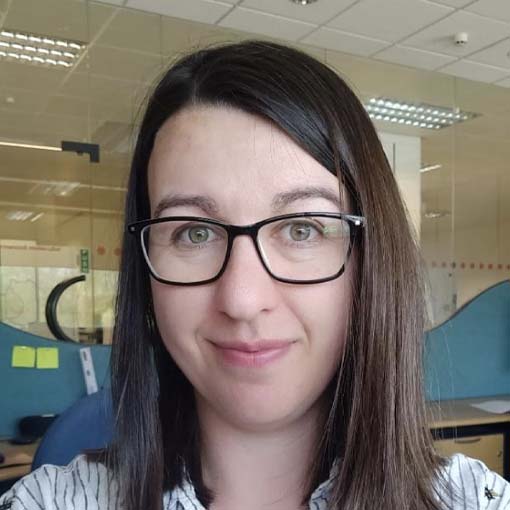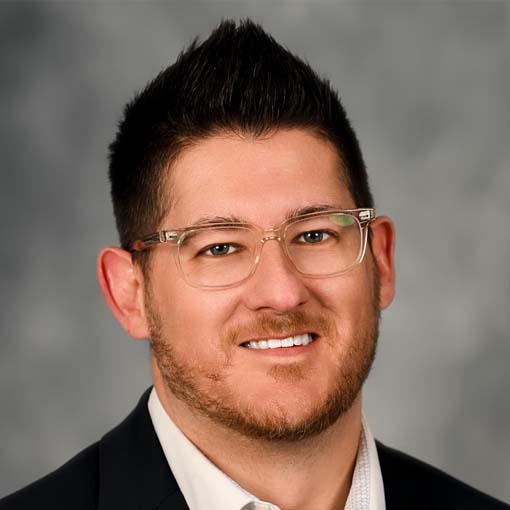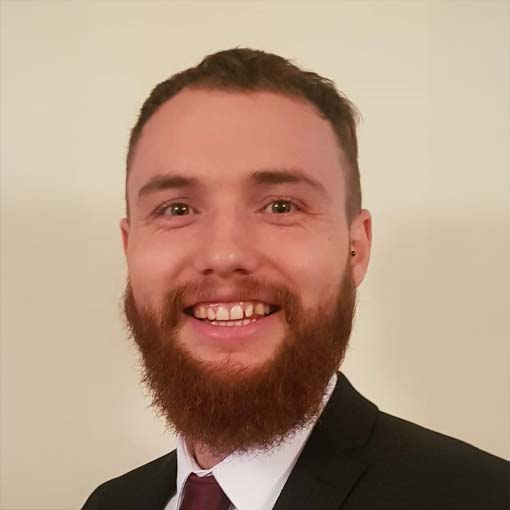Accelerating discovery in targeted protein degradation: Innovative approaches to degrader screening
Targeted protein degradation (TPD) and induced proximity research requires robust high-throughput protein assays capable of screening many samples, degrader concentrations, and time points. Characterization of endogenous targets is challenged by laborious and time-consuming methods like traditional Western blots, which are semi-quantitative and often poorly reproducible. In this talk, we discuss how Simple Western™ Technology provides fully automated protein degradation analysis, providing reliable and reproducible quantitative protein expression data along with size resolution for added specificity. Specifically, we demonstrate how to build PROteolysis TArgeting Chimeras (PROTACs) screening using Simple Western Platform. We will show how Leo, a brand-new Simple Western Instrument capable of fully automated analysis of protein expression in 96 lysate samples in 3 hours, was used to accelerate assessment of PROTACs to eliminate AR (Androgen Receptor) by proteasomal degradation. We will close with how Simple Western was used in the development of p300-targeting PROTACs with enhanced sensitivity and onset of degradation.
Learning objectives
- Learn how incorporating Simple Western into TPD workflows improves and accelerates screening of compounds for degrader activity.
- Design and implement fast, robust, and reproducible Simple Western assays to characterize degrader activity.
- Meet Leo, the newest member of the Simple Western instrument family, capable of fully automated protein expression analysis in 96 lysate samples in 3 hours, providing fully quantitative degradation curves at scale and accelerating your TPD workflows.






